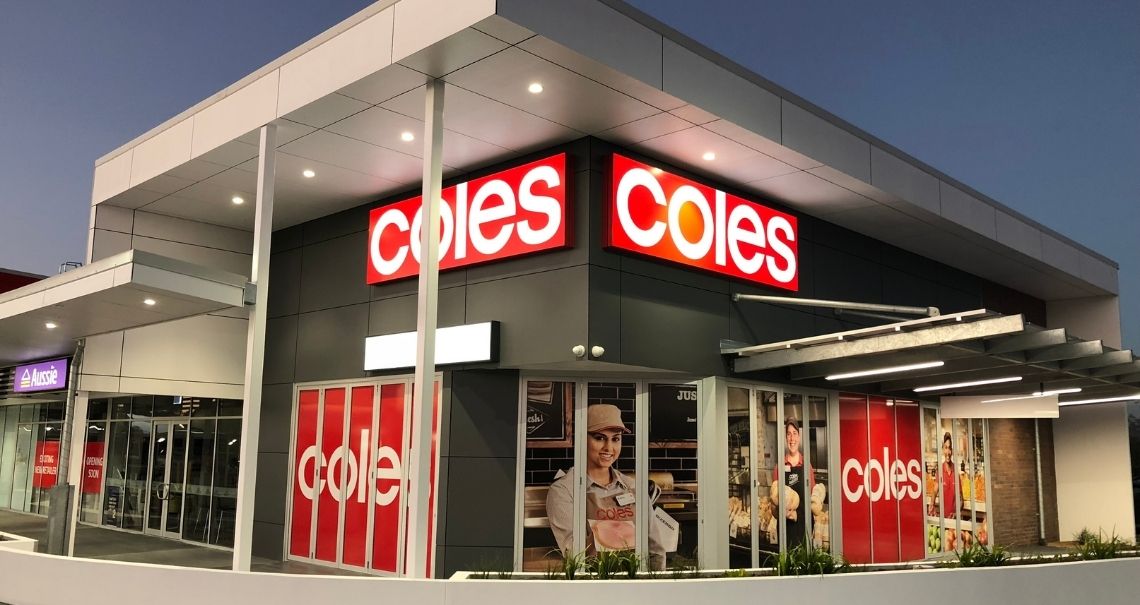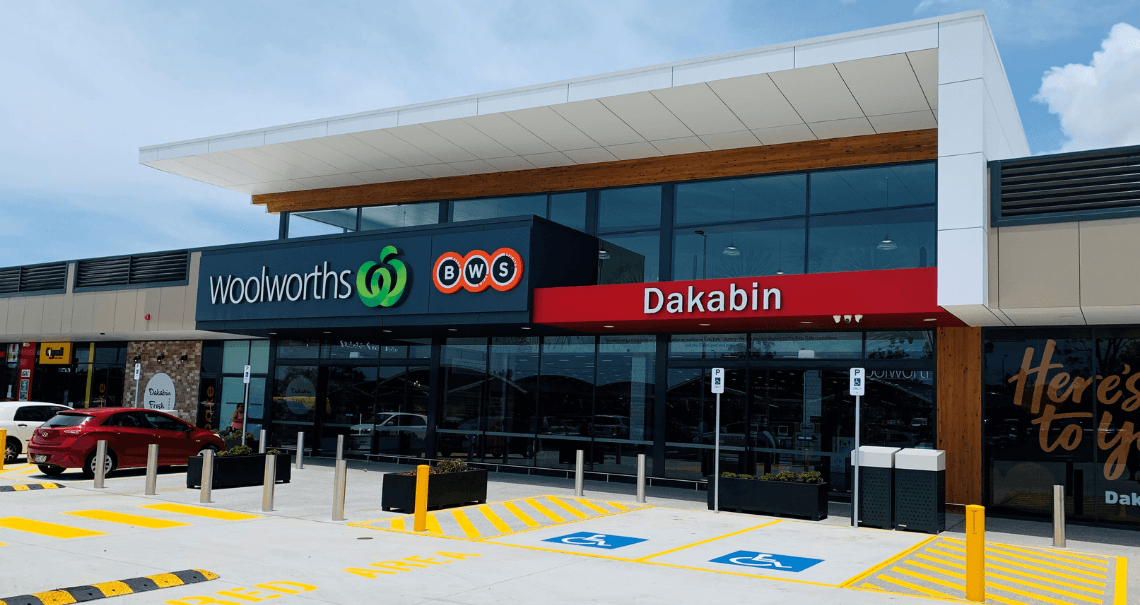Retail is a complex, dynamic and constantly changing asset class and being able to keep up with the market and trends is crucial to success.
Most recently, the global pandemic and the rise of ecommerce has shifted the focus of retail development to meet the evolving preferences, expectations and behaviours of the modern customer. This can be seen as a risk, or a significant opportunity.
With more than two decades of project management and development management experience, largely within the retail and mixed use sectors, DMA Partners Managing Director Ryan Andersen has seen countless market cycles and trends, and has gained invaluable experience and insight into what makes a successful retail development.

Andersen has four key learnings from over the course of his career to share with retail developers and asset owners:
1. Be flexible and agile
Shopping centres are no longer simply a location that sells products, but a destination that sells brands, stories and experiences. As trends and markets move, so too must a retail centre to ensure they are continuing to capitalise on opportunities.
I’m never terribly popular when I say this, but the phrase ‘you need to spend money to make money’ is all too true when it comes to retail assets. But that doesn’t always mean an investment of the investor’s capital. We see many assets that have significant upside potential that can be unlocked reasonably quickly and with very little capital investment from the landlord. It is about understanding the levers available and which ones to pull.
Successful landlords all have one thing in common; they recognise early that things need to change. This is particularly relevant as we slowly make our way out of a global pandemic.
The old formula for retail isn’t relevant anymore, and simply won’t work going forward. Customers are demanding a vastly improved in-person experience, which means every retailer should be prioritising ways to create innovative and unique environments for their shoppers. Retail centres must remain laser focused on their market so they can keep up with the complexity of retail shopping in a digital market.
This level of adaptation requires a high level of flexibility and agility from asset owners and developers to ensure they are constantly leveraging the retail market and landscape.

2. Know your tenants and the market
As frustrating as it seems, sometimes the solution is throwing out existing plans and starting again from scratch.
There have been several occasions over the course of my career when I have been engaged on a project after a development application has been approved and the owner is gearing up for construction. It’s then when all too commonly a strategic overhaul is required, because plans have been developed and approvals obtained without intricate understanding of the market, tenant requirements and how to maximise returns.
Never forget; convenience is king. Whilst a well-designed centre in a good location is a vital aspect, successful and profitable shopping centres require a connection with the market in its catchment, with the tenancy mix tailored to that market. Tenants that are not able to service a market daily means a poor performing retail asset. Far too often we see new centres planned without a detailed knowledge of the market. Once the market is understood, a tenancy strategy can be developed and the brief for the project is determined, followed by robust planning of the centre.
Knowing the catchment is the first step, next is working with your tenants and knowing their businesses, finally is matching design and functionality to the tenants and customers – you’d be surprised how many times this is done in reverse.

3. Develop a robust strategy
Any asset owner will tell you no matter how well you plan, prepare and mitigate risk, unexpected issues will always pop up along the way, which is particularly true in the development or repositioning of an asset. Whether it be construction related, contractual, financial, valuation, lease related, or the myriad of other possibilities, problems will always rear their head when taking on the complexity of development.
Developing a robust strategy alongside experts at the beginning is an affordable and effective way to set up your retail project for success. There are many constraints to manage in the development of a retail asset. Identifying them early, and removing hurdles can unlock the development potential of a project. There’s almost always at least one lever to be pulled that will trigger a profitable project.
DMA Partners is the development partner on a major subregional shopping centre on a large parcel of land. Upon DMA Partner’s engagement, it was established that there was a much greater level of market demand than the owner had initially assumed and planned for. This early assessment created many constraints down the track, which required strategic redirection. DMA Partner’s identified the need to purchase and a small adjoining site that unlocked more than $70 million in asset value.
Feasibility is at the core of many of the issues we deal with, but all sorts of problems run along the surface of each of our dealings every day.
But having a solution to problems that arise doesn’t come easy. You need to have delivered a number of projects from end to end so you have an understanding of potential, opportunity, risk, and market. It’s not about knowing one phase of development, but truly understanding every element and having an intricate, hands on role throughout the entire process.

4. Engage an Experienced Team
It sounds simple, but so often we see the wrong team put together that just don’t have the right retail experience in the relevant discipline. Just like you wouldn’t go to a knee surgeon when you need brain surgery, it’s no use appointing an architect who specialises in residential development to master plan a retail project. But it happens so often.
Don’t underestimate the value of good advice. We work in a great industry and people are always happy to meet, talk and impart knowledge. It’s important to leverage that, by getting involved, being inquisitive and building your network.
A strong understanding of the market and how to maximise returns is crucial in being able to deliver a profitable project. At the end of the day, it comes down to experience. But the experience has to be across the board.
The experience of a trusted advisor gives you the ability to take all the information available and condense it into a strategy that is real, robust, bankable and deliverable.
DMA Partners has built a business on providing good advice, and our clients and the industry have come to know and trust us in that. It is rewarding to see our strategy development and advice delivering returns for our clients and partners.





